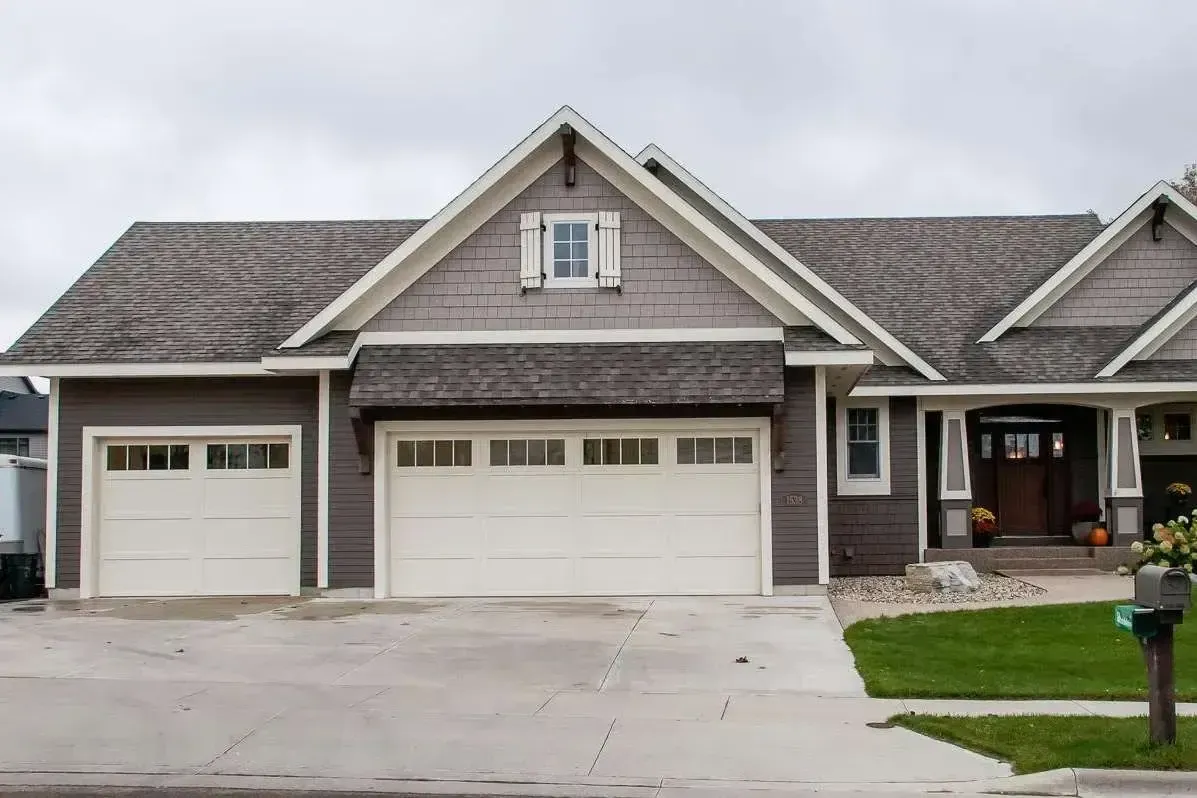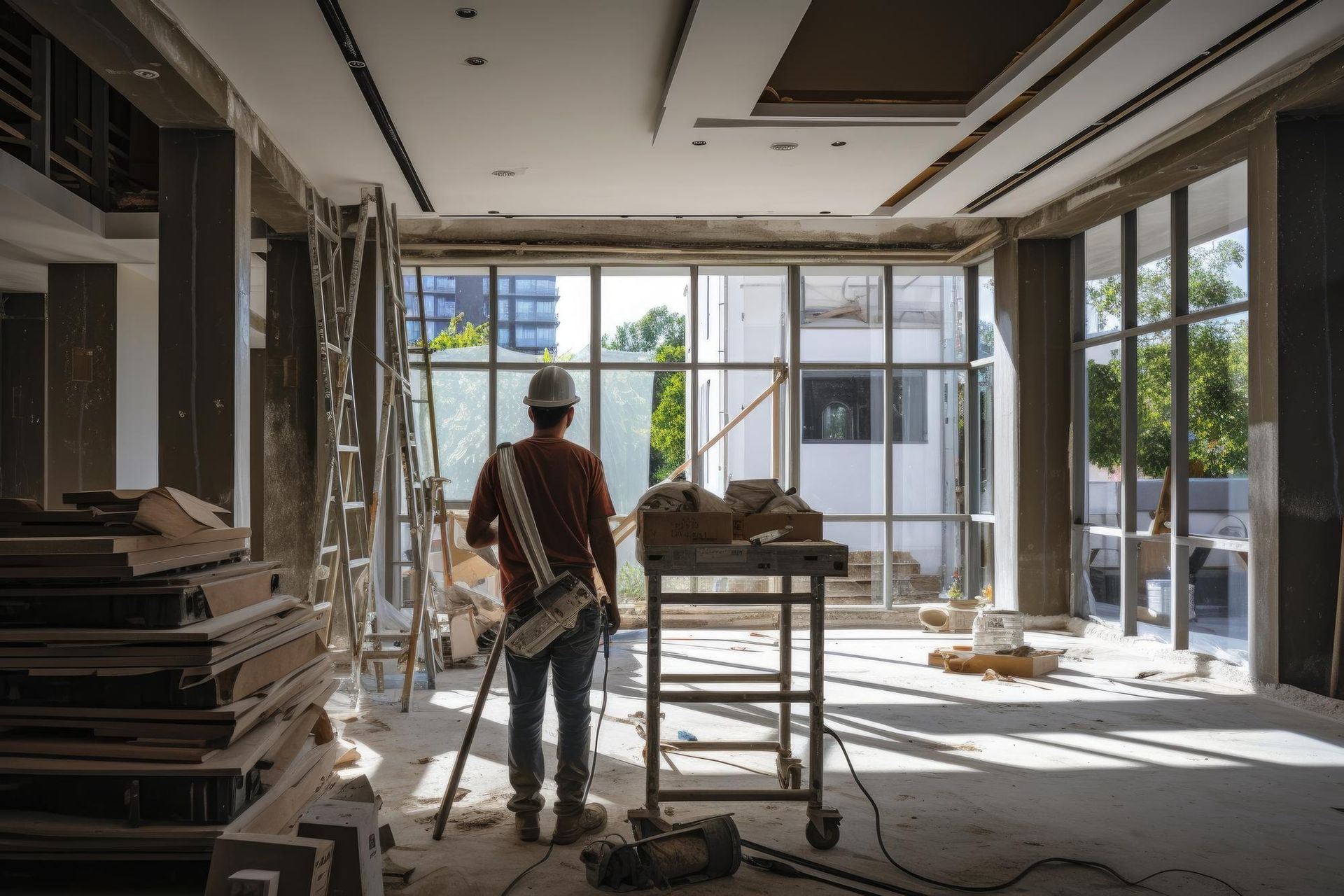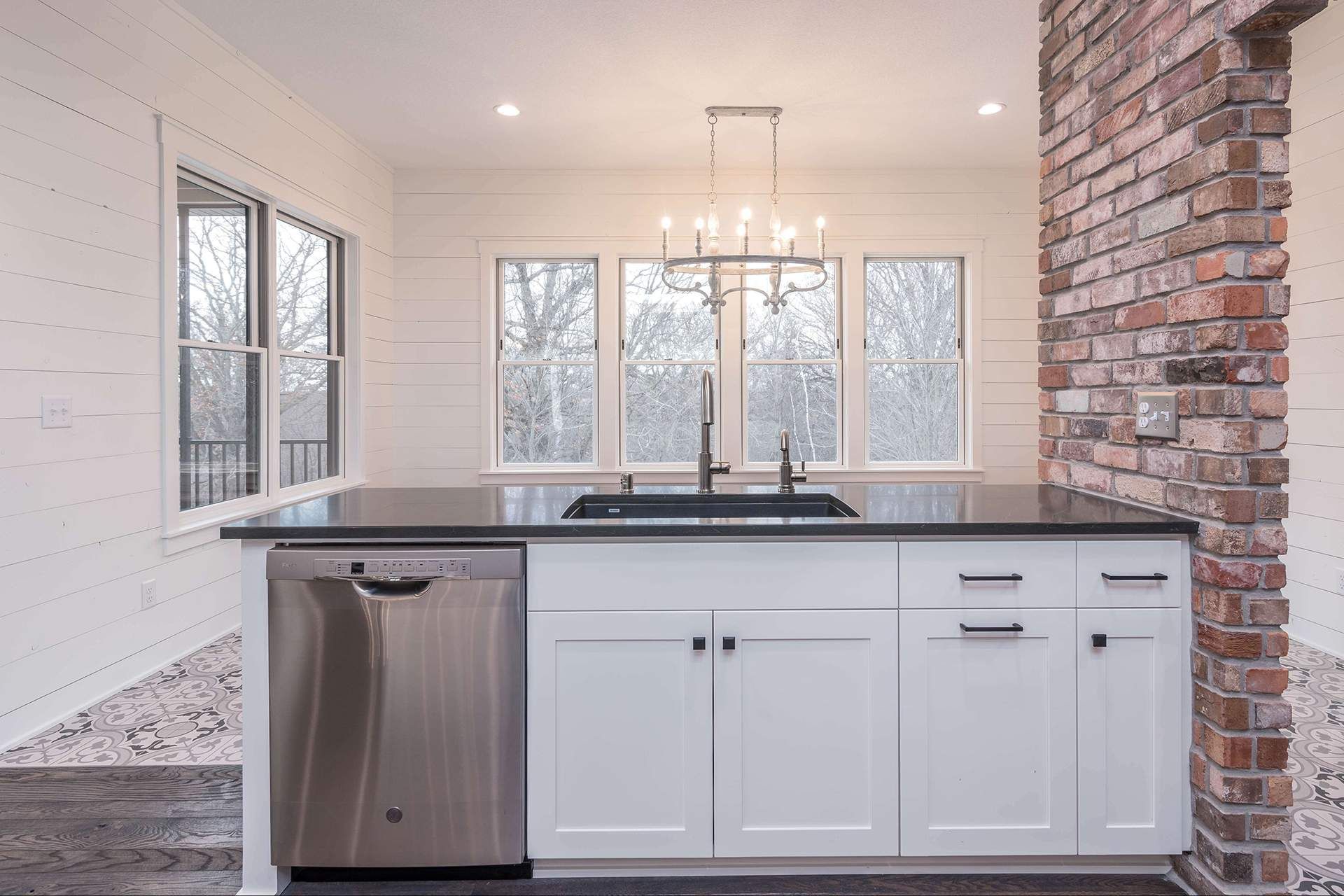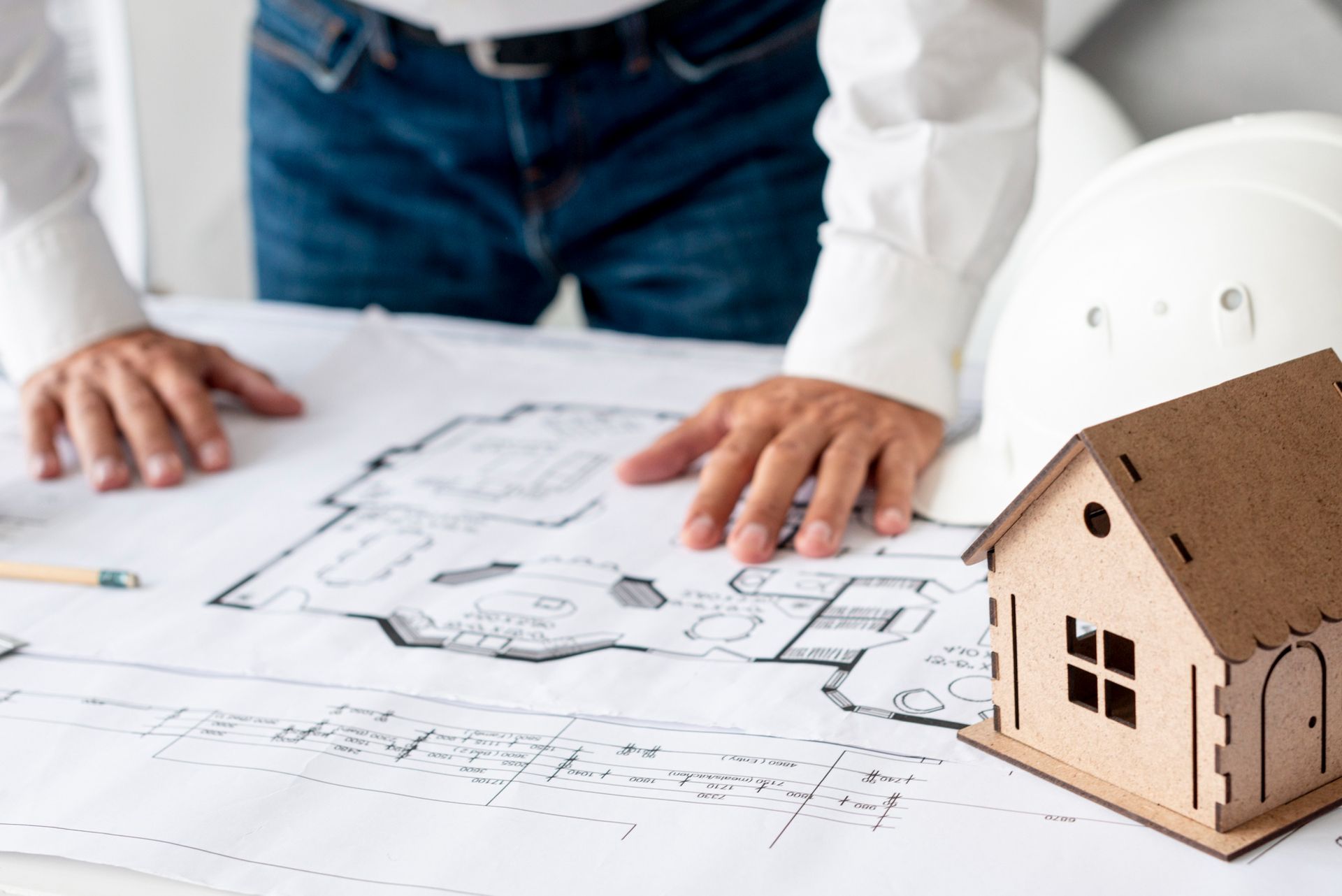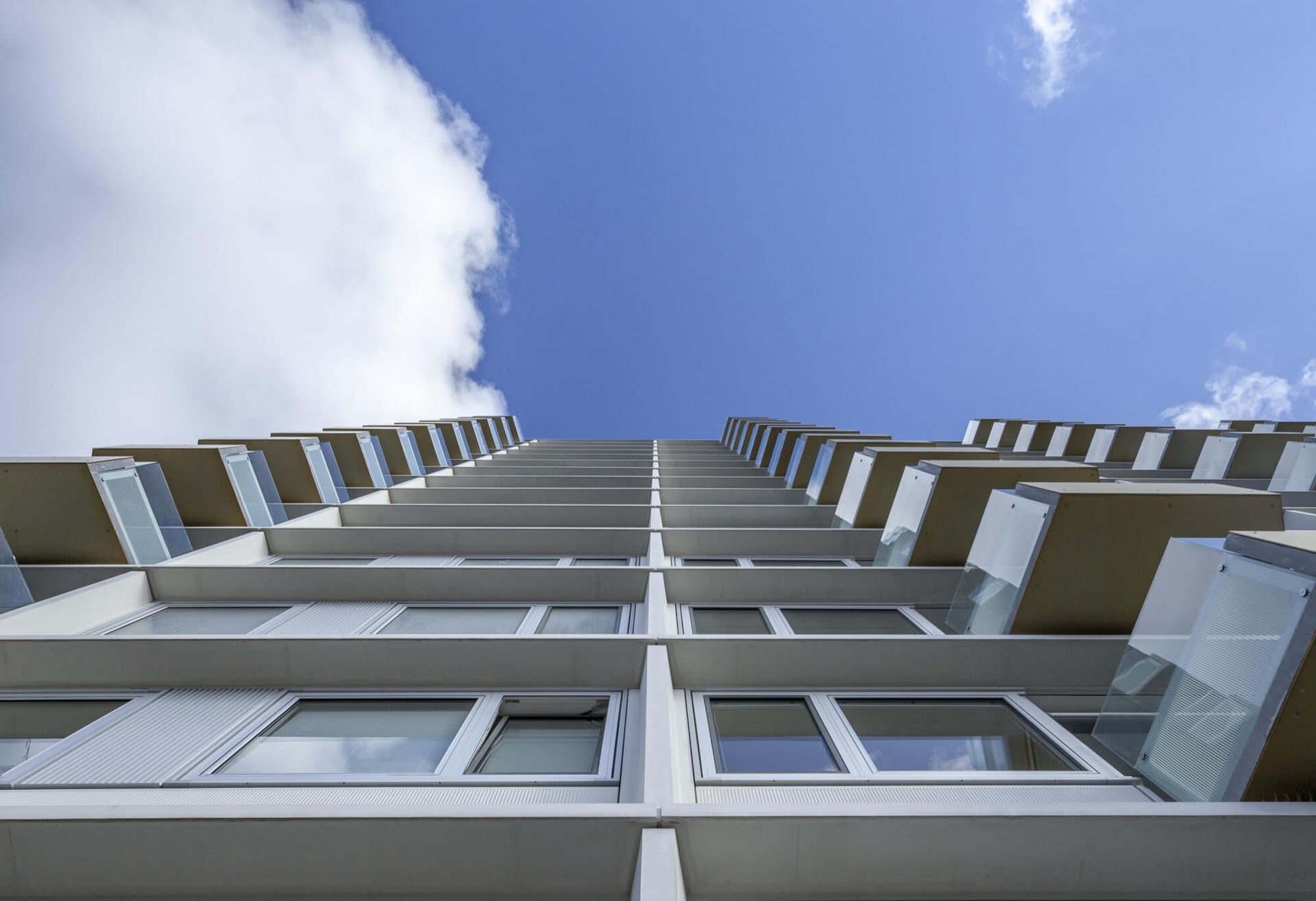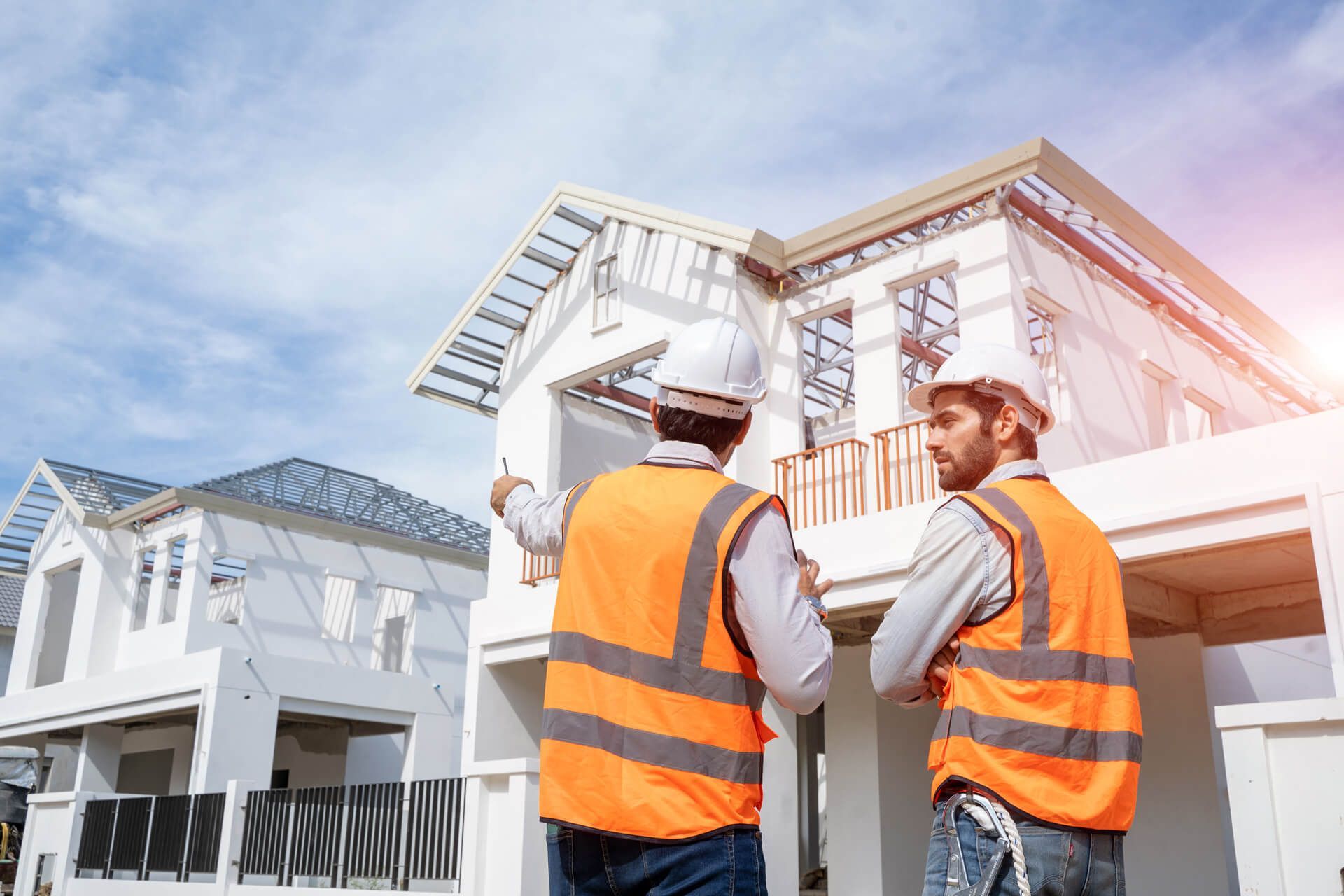Breaking Down the Costs: What Building a Custom Home Really Costs
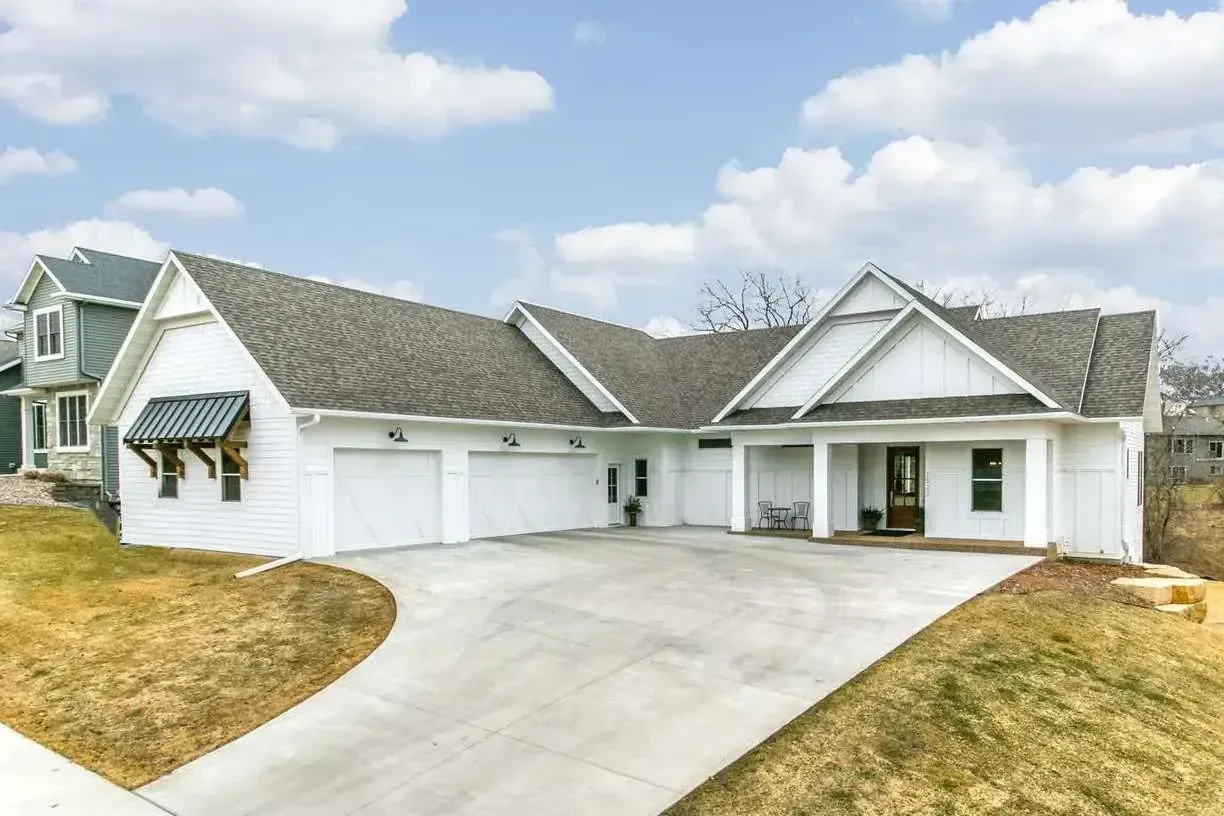
Building a custom home is an exciting endeavor that allows homeowners to bring their vision to life and create a space that reflects their unique style and preferences. However, understanding the costs associated with building a custom home is essential for planning and budgeting effectively.
In this comprehensive guide, we'll dive deeper into the various expenses involved in building a custom home, providing valuable insights and tips to help homeowners navigate the process with confidence.
Understanding the Costs
Building a custom home involves a multitude of expenses, each contributing to the overall cost of the project. From land acquisition and construction materials to labor costs and design fees, it's crucial to consider every aspect of the project to develop an accurate budget and avoid financial surprises.
By understanding the breakdown of costs, homeowners can make informed decisions and ensure that their custom home project stays on track.
Land Acquisition
The first step in building a custom home is acquiring the land on which to build. Land acquisition costs can vary widely depending on factors such as location, size, topography, and amenities. It's essential for homeowners to carefully evaluate potential building sites and consider factors such as proximity to schools, workplaces, and amenities when selecting a location.
Additionally, expenses such as land surveys, soil testing, and utility connections should be factored into the overall budget.
Construction Materials
The cost of construction materials is a significant expense in building a custom home. Materials such as lumber, concrete, roofing, siding, windows, and doors contribute to the structural integrity and aesthetic appeal of the home.
Homeowners should work closely with their builders or contractors to select high-quality materials that align with their budget and design preferences. Additionally, choosing energy-efficient materials can help reduce long-term operating costs and enhance the sustainability of the home.
Labor Costs
Labor costs encompass the fees associated with hiring contractors, subcontractors, architects, designers, and other professionals involved in the construction process. Labor costs can vary depending on factors such as the complexity of the project, the skill level of the workers, and prevailing wage rates in the area.
It's essential for homeowners to obtain detailed estimates from contractors and subcontractors and establish clear agreements regarding scope of work, timelines, and payment schedules.
Permits and Fees
Obtaining permits and paying fees is an essential part of the custom home building process and comes with its own set of costs. Permits are required to ensure that the construction project complies with building codes, zoning regulations, and other legal requirements.
Permit fees vary depending on the location and scope of the project and may include fees for building permits, impact fees, development levies, and environmental assessments.
Design Fees
Design fees include the cost of hiring architects, designers, and other professionals to create customized floor plans, blueprints, and specifications for the home. Design fees can vary depending on the complexity of the project, the level of customization required, and the experience of the design team.
It's essential for homeowners to communicate their design preferences and budgetary constraints clearly with their design team to ensure that they can create a plan that meets their needs.
Additional Costs
In addition to the main expenses outlined above, building a custom home may involve additional costs such as landscaping, interior furnishings, appliances, and contingency funds for unexpected expenses. Homeowners should budget for these additional costs and set aside funds for unforeseen circumstances that may arise during the construction process.
By planning ahead and accounting for all potential expenses, homeowners can ensure that their custom home project stays within budget and meets their expectations.
Conclusion
Building a custom home is a significant investment that requires careful planning, budgeting, and oversight. By understanding the costs involved and working closely with experienced professionals, homeowners can create a home that not only meets but exceeds their expectations.
With thorough research, thoughtful decision-making, and clear communication, homeowners can embark on the journey of building their dream home with confidence and peace of mind.
Begin Your Custom Home Building Journey with Stonebridge Builders Today!
Ready to enhance your living space with a custom home building and addition in Rochester, MN? Reach out to Stonebridge Builders for a complimentary consultation. Our dedicated team specializes in crafting beautiful homes tailored to your unique preferences, ensuring a seamless building process every step of the way.
From personalized home design to selecting the ideal floor plan, our expertise guarantees an exceptional home-building experience in Minnesota. Experience the satisfaction of bringing your dream home to life with Builders of Rochester, MN, where every new home construction project becomes a personalized journey. With great pride, we extend our services to Lake City, Kasson, Pine Island, and Oronoco.
Let our experienced team lead you through the process of expanding your living space, creating a home that not only meets but exceeds your expectations. With Stonebridge Builders, your dream home is just an addition away.
Contact us today to take the next step toward elevating your home.
Frequently Asked Questions (FAQs) - What Building a Custom Home Really Costs
1.What factors contribute to the cost of building a custom home?
The cost of building a custom home is influenced by various factors, including the size and complexity of the home, the quality of materials and finishes selected, the location of the build site, labor costs, permits and fees, and any additional features or amenities desired by the homeowner.
2.How much does land acquisition typically cost when building a custom home?
Land acquisition costs vary widely depending on factors such as location, size, amenities, and zoning regulations. In some areas, land may be relatively affordable, while in others, it can be a significant expense. It's essential for homeowners to research potential building sites thoroughly and budget accordingly for land acquisition costs.
3.What are the main expenses associated with construction materials?
The main expenses associated with construction materials include lumber, concrete, roofing, siding, windows, doors, insulation, and interior finishes. The quality and type of materials selected can significantly impact the overall cost of the project, with higher-quality materials typically commanding higher prices.
4.How do labor costs factor into the overall cost of building a custom home?
Labor costs encompass the fees associated with hiring contractors, subcontractors, architects, designers, and other professionals involved in the construction process. Labor costs can vary depending on factors such as the complexity of the project, the skill level of the workers, and prevailing wage rates in the area.
5.What permits and fees are required when building a custom home, and how much do they typically cost?
Permits and fees are required to ensure that the construction project complies with building codes, zoning regulations, and other legal requirements. Permit fees vary depending on the location and scope of the project and may include fees for building permits, impact fees, development levies, and environmental assessments.
6.How can homeowners budget for additional costs associated with building a custom home?
In addition to the main expenses outlined above, building a custom home may involve additional costs such as landscaping, interior furnishings, appliances, and contingency funds for unexpected expenses. Homeowners should budget for these additional costs and set aside funds to cover unforeseen circumstances that may arise during the construction process.
7.What steps can homeowners take to ensure that their custom home project stays within budget?
To ensure that a custom home project stays within budget, homeowners should carefully plan and prioritize their needs and wants, obtain multiple quotes from contractors and suppliers, track expenses closely throughout the construction process, and be prepared to make adjustments as needed. Effective communication with all parties involved in the project is also essential for managing costs and avoiding financial surprises.
